Parkinson's Disease
While this condition is best known for how it affects muscle control. Parkinsons disease is a condition where a part of your brain deteriorates causing more severe symptoms over time.
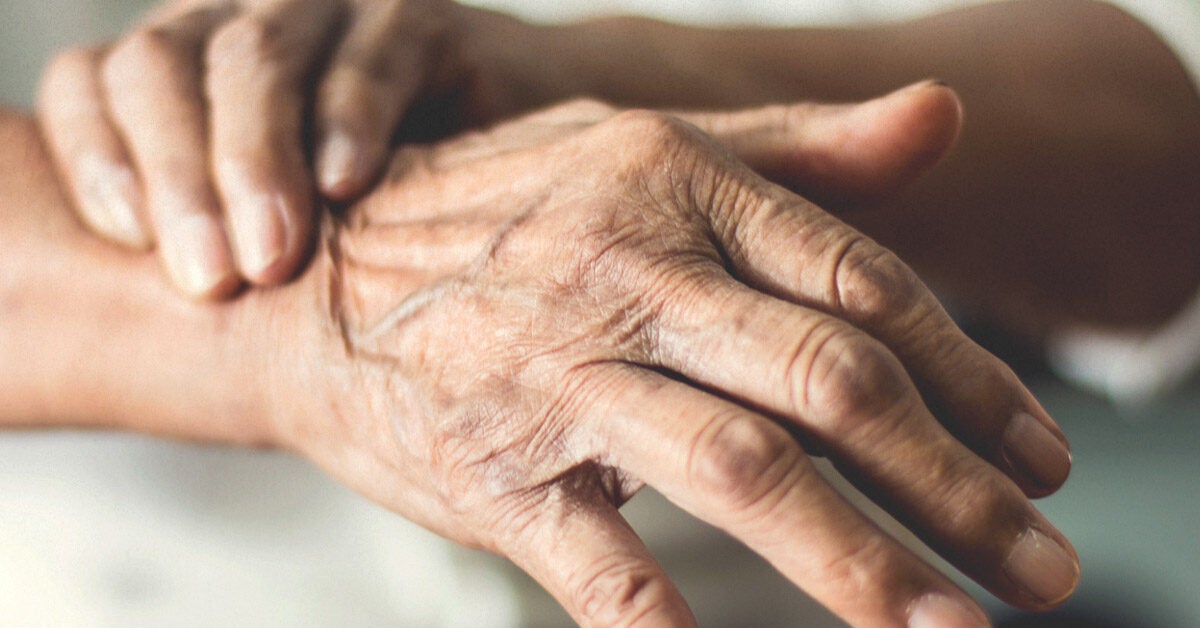
Parkinson S Disease Symptoms Treatment And More
Parkinsons disease is a movement disorder that affects at least 500000 people in the United States.

. Parkinsons disease is a brain disorder that causes unintended or uncontrollable movements such as shaking stiffness and difficulty with balance and coordination. Not everyone will experience all the symptoms of PD. Even if people do they wont necessarily experience the symptoms in quite.
It results from damage to the nerve cells that produce dopamine a chemical that is vital for the smooth control of muscles and. The 3 main symptoms of Parkinsons. Parkinsons disease is a condition in which parts of the brain become progressively damaged over many years.
Parkinsons disease is a disorder of the nervous system. It happens when nerve cells in the brain dont produce enough of a brain chemical called dopamine. Parkinsons disease is a neurodegenerative disorder.
Parkinsons disease is caused by the loss of nerve cells in a part of your brain called the substantia nigra. Dopamine is a brain chemical and. Parkinsons disease PD is a type of movement disorder.
There are an estimated 1 million Americans living with Parkinsons. The diagnosis is DLB when a person experiences dementia either before at the same time as. Symptoms of Parkinsons disease.
Parkinsons disease is a progressive neurogenerative disease that causes nerve cells or neurons in the area of the brain that controls movement to weaken andor die. Parkinsons disease symptoms may include changes in movement like a tremor. Parkinsons disease is a type of movement disorder that can affect the ability to perform common daily activities.
It occurs when brain cells fail to produce enough dopamine a chemical that. It affects the dopamine-producing neurons dopaminergic in the brain. Find Parkinsons disease information here including symptoms and treatments -- from medication.
Precisely why it happens is unclear but scientists have identified some variations. While a number of non-motor manifestations arise the typical clinical features involve a movement. Parkinsons disease PD impacts people in different ways.
The precise cause of PD is. Parkinsons disease PD is a common neurodegenerative disorder. Parkinsons disease is a neurological disorder that develops when changes occur in the brain.
Parkinsons disease PD belongs to a group of conditions called motor system disorders which cause unintended or uncontrollable movements of the body. Parkinson disease PD is a degenerative condition of the brain associated with motor symptoms slow movement tremor rigidity walking and imbalance and a wide variety. These cells control the production of the chemical dopamine.
Parkinsons disease is diagnosed in more than 50000 Americans each year.

Dopamine And Parkinson S Disease What To Know
/Parkinsons-Disease-Symptoms-GettyImages-1091125296-2000-dee72c7d81a6465aab0d2f1955a8c7fb.jpg)
Parkinson S Disease Symptoms Everyone Should Know

The Cause Of Parkinson S Disease Edison Home Health Care
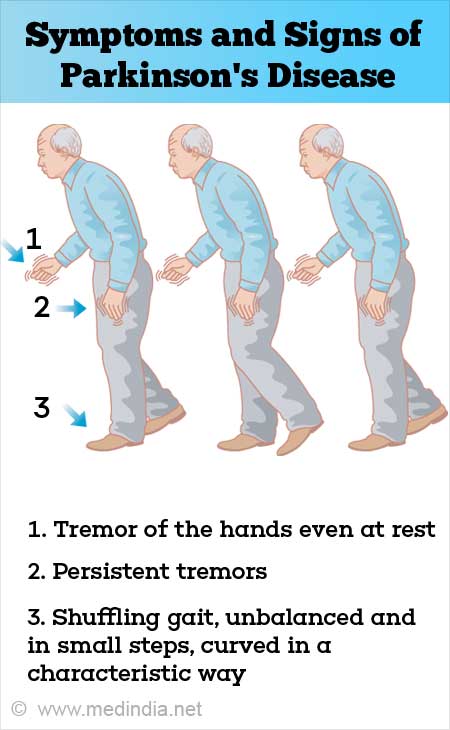
Parkinson S Disease Causes Symptoms Diagnosis Treatment

Parkinson S Disease Brain Cells That Cause The Condition Finally Identified New Scientist

Parkinson S Disease New Scientist

Recent Advances In Parkinson S Disease

What Is Parkinson S Disease Lompoc Valley Medical Center

Pd 101 Symptoms Neuro Challenge
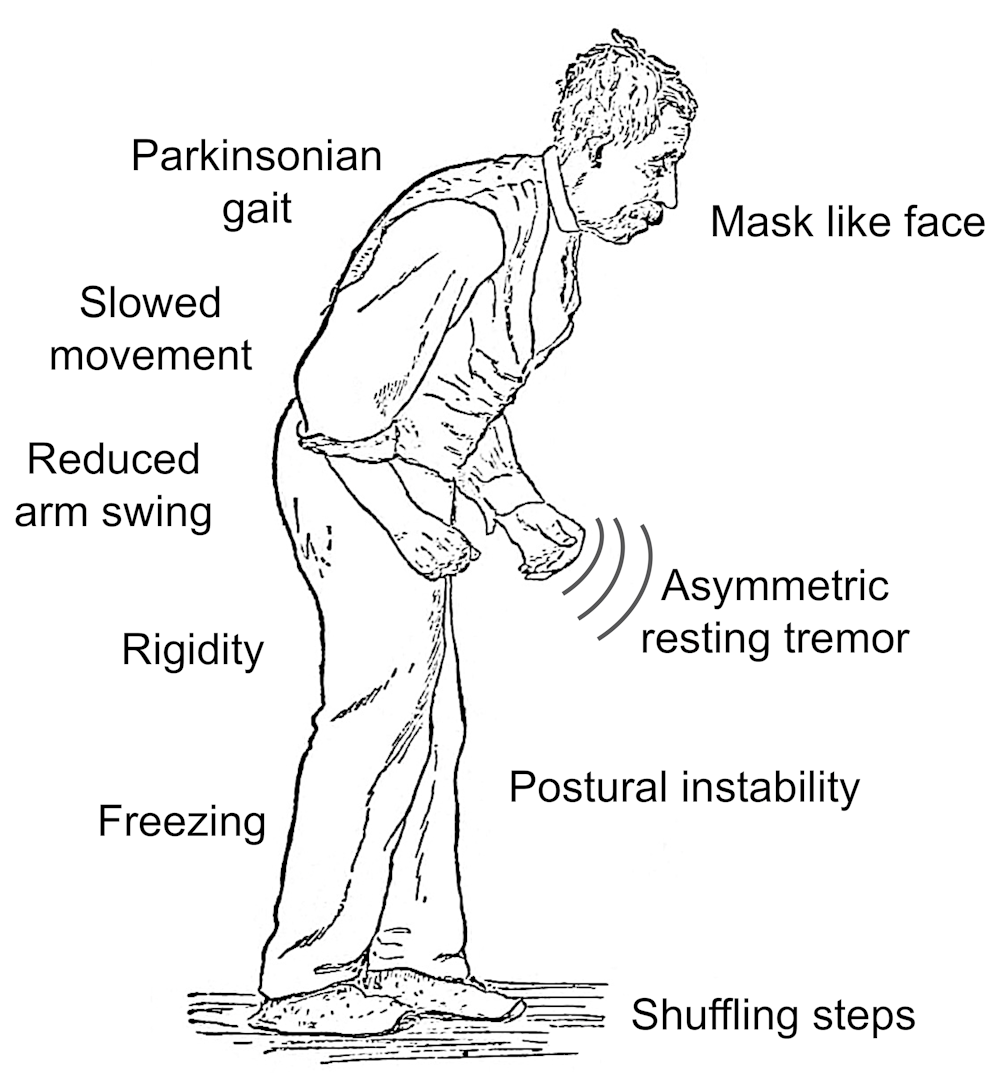
Parkinson S Four Unusual Signs You May Be At Risk
Who Is Most At Risk For Parkinson S Disease Evolution Research Group
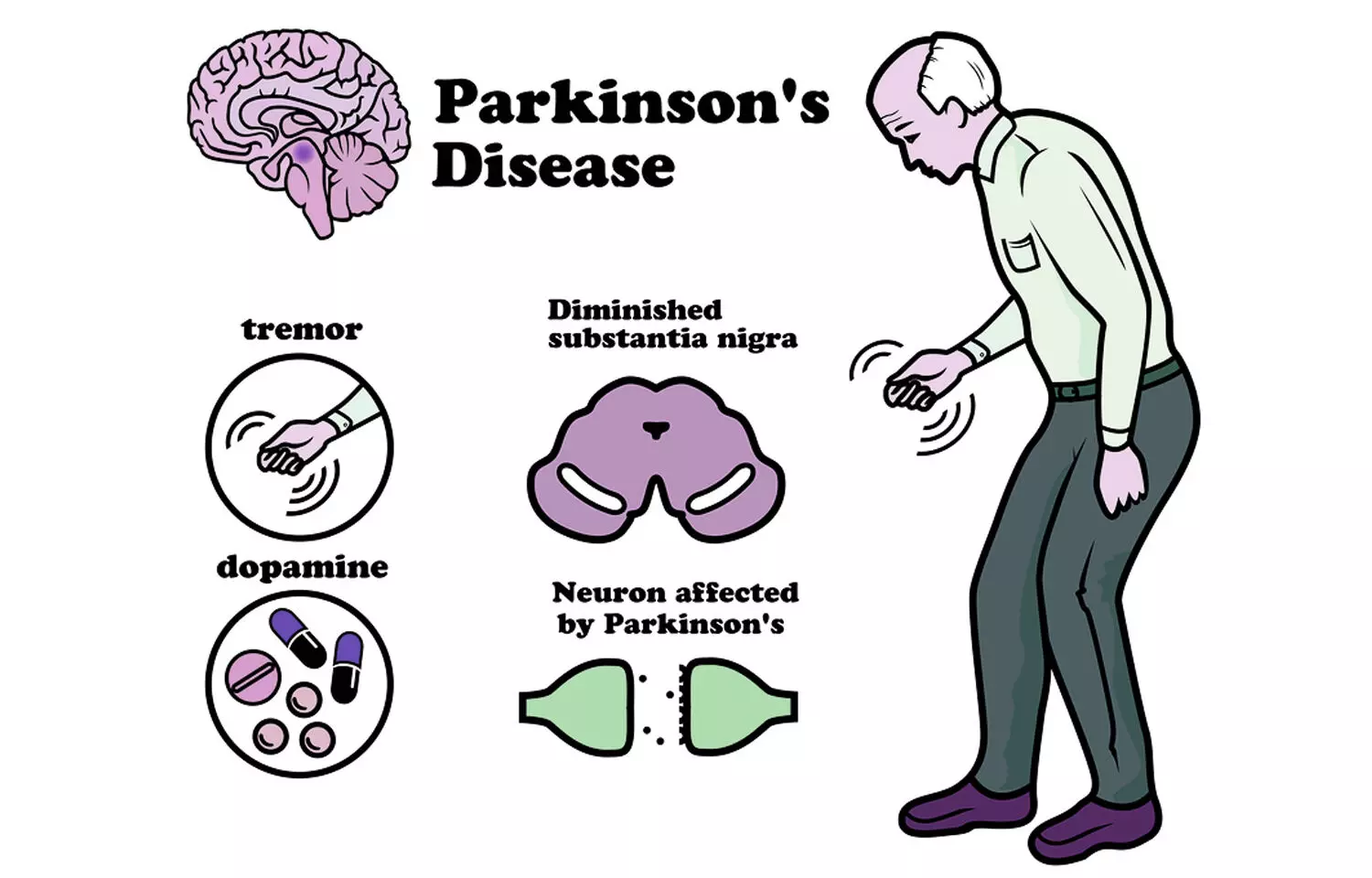
Coffee Consumption Tied To Lower Risk Of Developing Parkinson S Disease Study
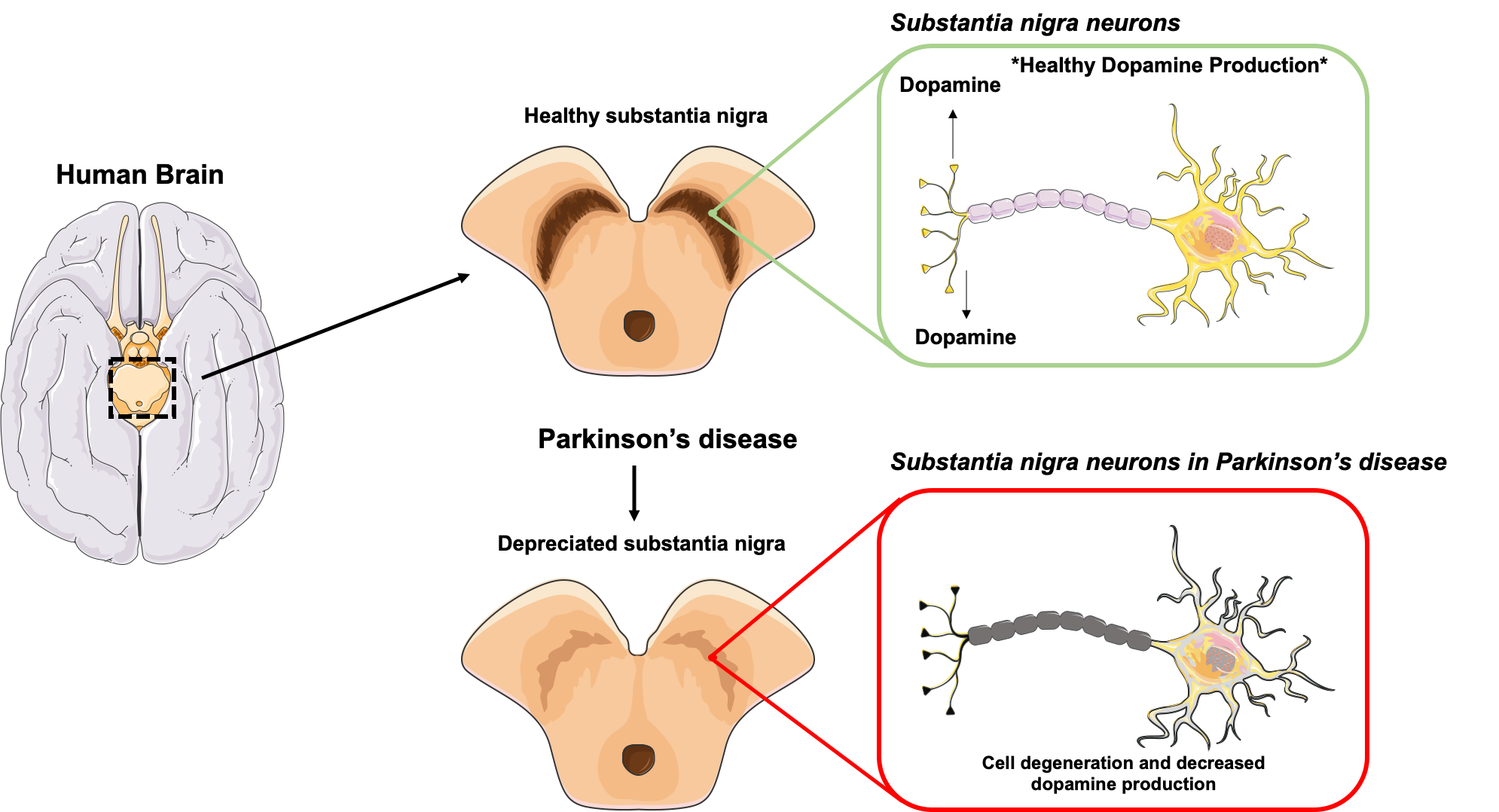
Parkinson S Disease Is Gene Therapy The Answer We Have Been Looking For Asgct American Society Of Gene Cell Therapy
/advanced-parkinsons-disease-5200544_color_text_v1-3bc74418259340ceaf5f6d407daeff73.jpg)
What Is Advanced Parkinson S Disease
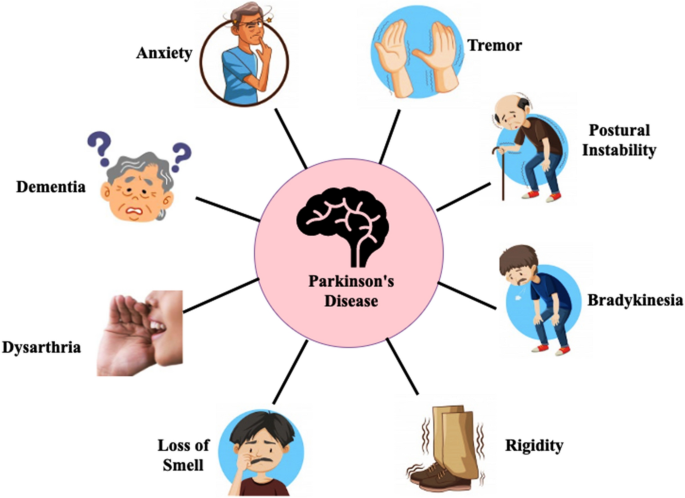
A Systematic Review Of Artificial Intelligence Ai Based Approaches For The Diagnosis Of Parkinson S Disease Springerlink

Parkinson S Disease Exam Stanford Medicine 25 Stanford Medicine
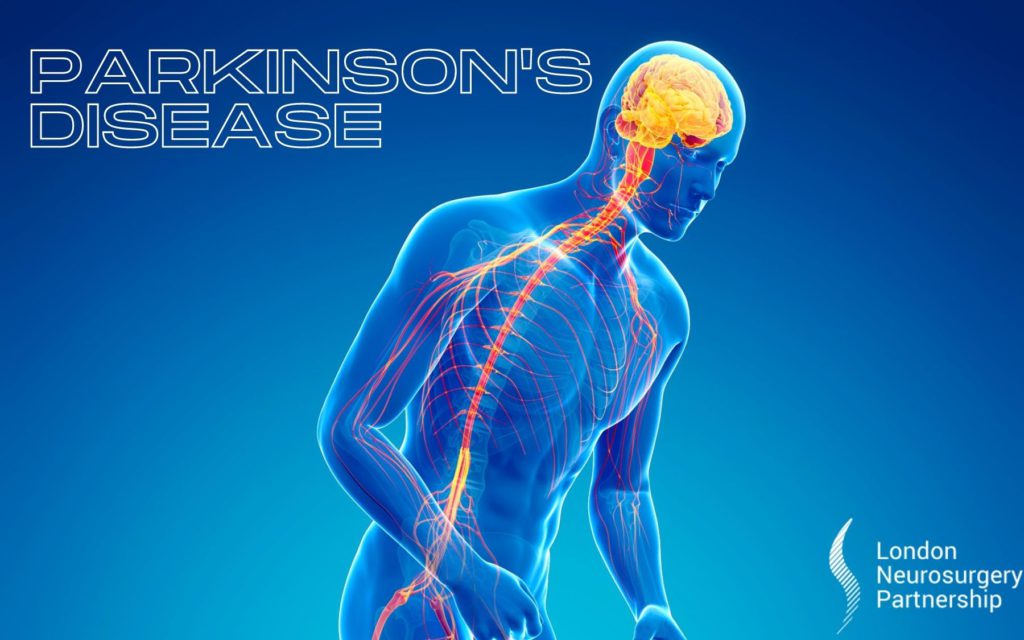
Parkinson S Disease London Neurosurgery Partnership

Clinical Milestones In Parkinson S Disease Past Present And Future Journal Of The Neurological Sciences
:max_bytes(150000):strip_icc()/types-of-parkinsons-disease-5215448_final-01-97730492b70d49369ce27b02f498b035.jpg)